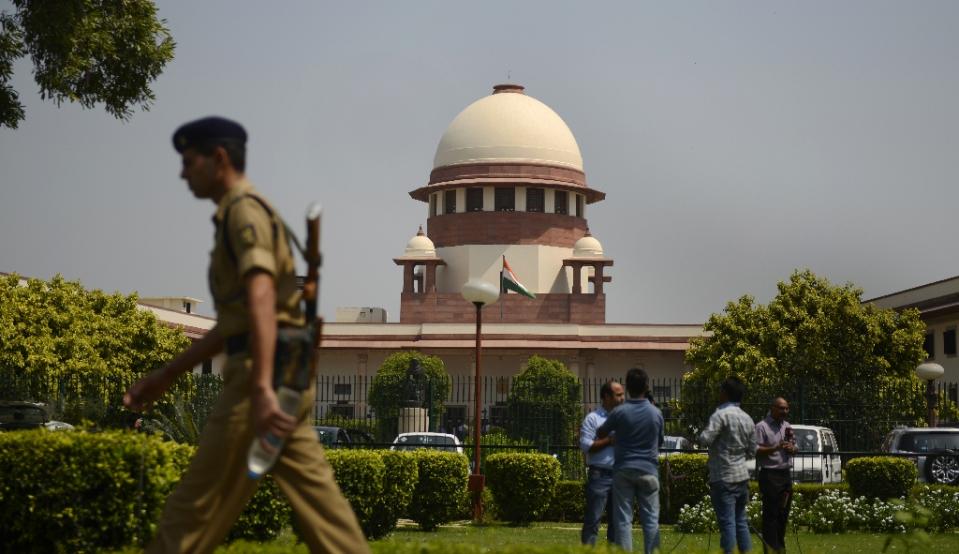Indian top court refers petition on gay rights to a bigger bench
UPDATE:
NEW DELHI: India's top court has agreed to re-examine a colonial-era law that criminalises homosexual acts and makes them punishable by up to a decade in prison.
The Supreme Court on Tuesday set up a five-judge panel to reconsider its 2013 ruling that only Parliament can change the 1861 law banning gay sex.
Gay activists cheered the court decision and said they were hopeful that the verdict would ultimately go in their favor and they would have the chance to live openly.
In 2009, a New Delhi High Court declared unconstitutional Section 377 of the Indian Penal Code, which says intercourse between members of the same sex is against the order of nature.
But the judgment was overturned four years later by the Supreme Court. Activists sought a review of the decision.
NEW DELHI: India's Supreme Court referred a petition to make homosexuality legal to a five-judge bench on Tuesday, a lawyer for a gay rights group said.
The decision offered a ray of hope to the lesbian, gay, bisexual and transgender community that has faced persecution after the world's largest democracy in December 2013 reinstated a colonial-era law banning gay sex.
"It is definitely a step forward," lawyer Anand Grover said as activists gathered outside the courtroom cheered.






